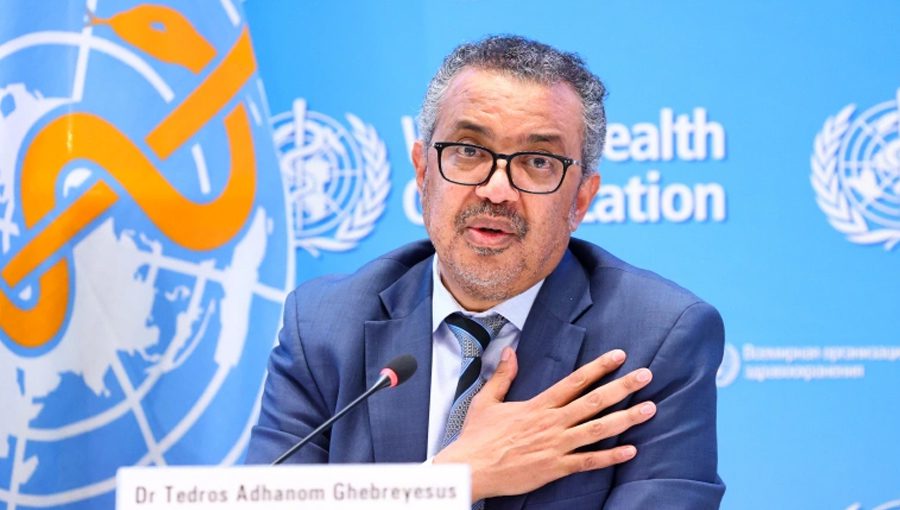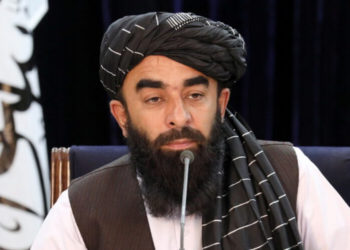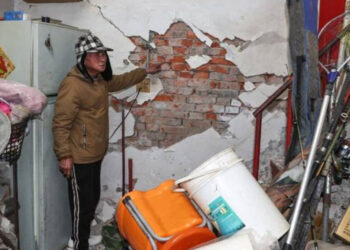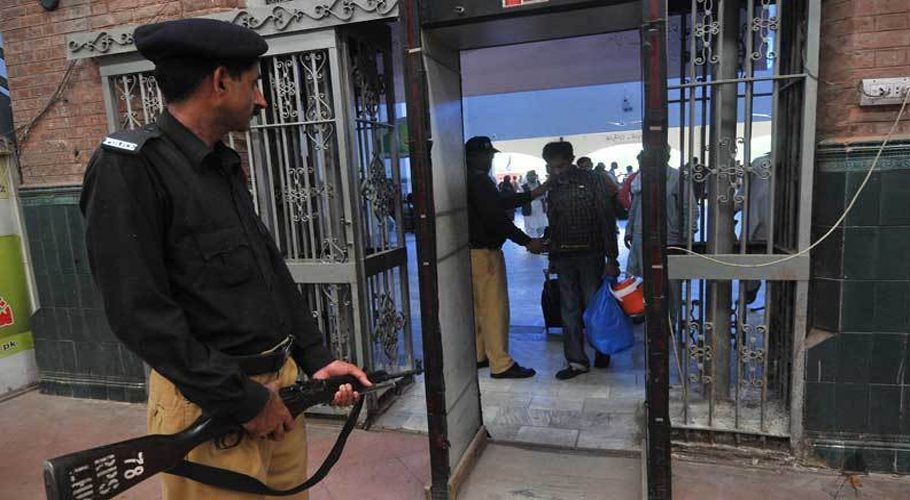![]() Follow Us on Google News
Follow Us on Google News
The World Health Organization (WHO), a Geneva-based UN agency, has launched a $43 million appeal to support earthquake response in Syria and Turkiye where the death toll has reportedly climbed to more than 33,000 people Director-General Tedros Adhanom Ghebreyesus announced.
The amount is set to increase as the magnitude of the disaster becomes clearer, he said, speaking during a press conference from the Syrian capital, Damascus, according to a UN press release issued at UN Headquarters in New York on Sunday afternoon.
Tedros also reported that the Syrian authorities appear open to allowing more border crossings to deliver humanitarian aid into the northwest.
War-ravaged Syria is divided into areas under the control of the Government, opposition forces and armed groups.
WHO said it is working across all areas affected by the earthquake, which struck on Monday.
The UN agency is also scaling up operations across the country, including in the northwest, where the impact is even worse.
More than 4,300 deaths and 7,600 injuries have been reported there, according to the UN humanitarian affairs office, OCHA.
Prior to the earthquake, 4.1 million people were already dependent on humanitarian aid, and their needs were at an all-time high.
Tedros stressed the need to take response “to the next level” to reach all populations in need.
He welcomed the decision by the United States to ease sanctions against Syria in the wake of the tragedy.
Read more: Saudi Arabia to send its first woman into space
“We equally appreciate the recent blanket approval by the Government of the Syrian Arab Republic for the UN for cross-line convoys, as well as measures to increase cross-border access. We hope this continues,” he said.
The WHO chief reported that he had met with Syrian President Bashar al-Assad earlier on Sunday afternoon “who indicated he was open to considering additional cross-border access points for this emergency.”
Tedros said he is waiting to move across conflict lines to northwest Syria.
“We’re on stand-by actually,” he told reporters. “We can move anytime now through the coastline to the northwest. Based on the blanket permit, we have already permission from this side. We’re waiting now to hear from the other side. As soon as we get that we will cross to the northwest.”
After the earthquake struck, WHO said it immediately accessed its pre-positioned supplies in the northwest and Aleppo, thus making treatment of major injuries possible. Staff also began distributing supplies to health facilities.
Tedros arrived in Syria on Saturday, where WHO and partners have so far distributed 110 tonnes of medical supplies to affected areas across the country.
A flight is scheduled to arrive in Damascus on Sunday night with vital specialized emergency health supplies for frontline workers.
The UN agency also is supporting the surge capacity of frontline specialized medical teams.
The earthquake is the latest crisis to hit Syria, following the ongoing conflict, the COVID-19 pandemic, cholera outbreaks, and economic decline.
Twelve years of war have “pulverized” the healthcare system, said Dr. Michael Ryan, WHO Emergencies Director. Prior to the earthquake, just 50 per cent of health facilities were functioning, but the true impact is much greater.








![President Donald Trump holds up an executive order commuting sentences for people convicted of January 6 offences, in the Oval Office of the White House, Monday, January 20, 2025, in Washington, DC [Evan Vucci/AP]](https://mmnews.tv/wp-content/uploads/2025/01/Trump-signing-an-executive-order-350x250.jpg)























